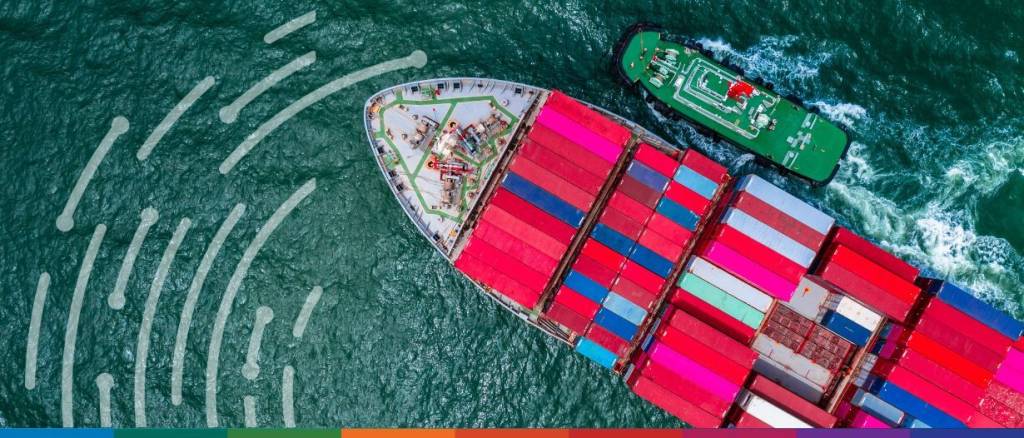Germany and Chile are set to establish a coalition of governments at the COP28 climate summit next week, aiming to support developing nations in investing in the decarbonisation of industries… read more →
Trade finance providers have a critical role to play in the low-carbon transition. Through their lending decisions, they hold massive influence in some of the most carbon-intensive companies and supply chains, and they can use this leverage to push for much-needed progress on climate.
Today, the OPEC Fund for International Development (the OPEC Fund) announced a $21 million loan to support a sustainable water supply project in Rwanda. The new loan will help expand… read more →
Today, the International Chamber of Commerce (ICC) United Kingdom launched a Sustainability Toolkit, designed to guide businesses in embedding sustainable practices within their global value chains.
The OPEC Fund for International Development (OPEC Fund), is extending a loan of $50 million to ACWA Power. This financial support is aimed at bolstering the 240 MW Khizi-Absheron wind… read more →
According to the World Energy Outlook report by the International Energy Agency (IEA), the global demand for fossil fuels such as coal, oil, and natural gas is expected to reach… read more →
The offering will focus on sustainable end-use within the renewable energy sector 18 September 2023, Singapore – Standard Chartered today launched a sustainable trade loanoffering for financial institutions. The new offering supports… read more →
ADB’s flagship Trade Finance Gaps Survey returns for its eighth edition, confirming expectations that the global trade finance gap – unmet demand for trade financing – has worsened, reaching $2.5 trillion, an increase of 47% since the last stock-taking which pegged the gap at $1.7 trillion in 2020.
In its largest single-period increase since its inception, the Asian Development Bank’s (ADB) latest Trade Finance Gaps, Growth, and Jobs Survey indicates that the trade finance gap in 2022 rose to $2.5 trillion, up from $1.7 in 2020 and $1.5 trillion in 2018.
Today, many exporters – large, medium, and small — struggle to secure the financing they need to compete internationally. Often, companies find themselves in a position where private financing alone is not an option.
























